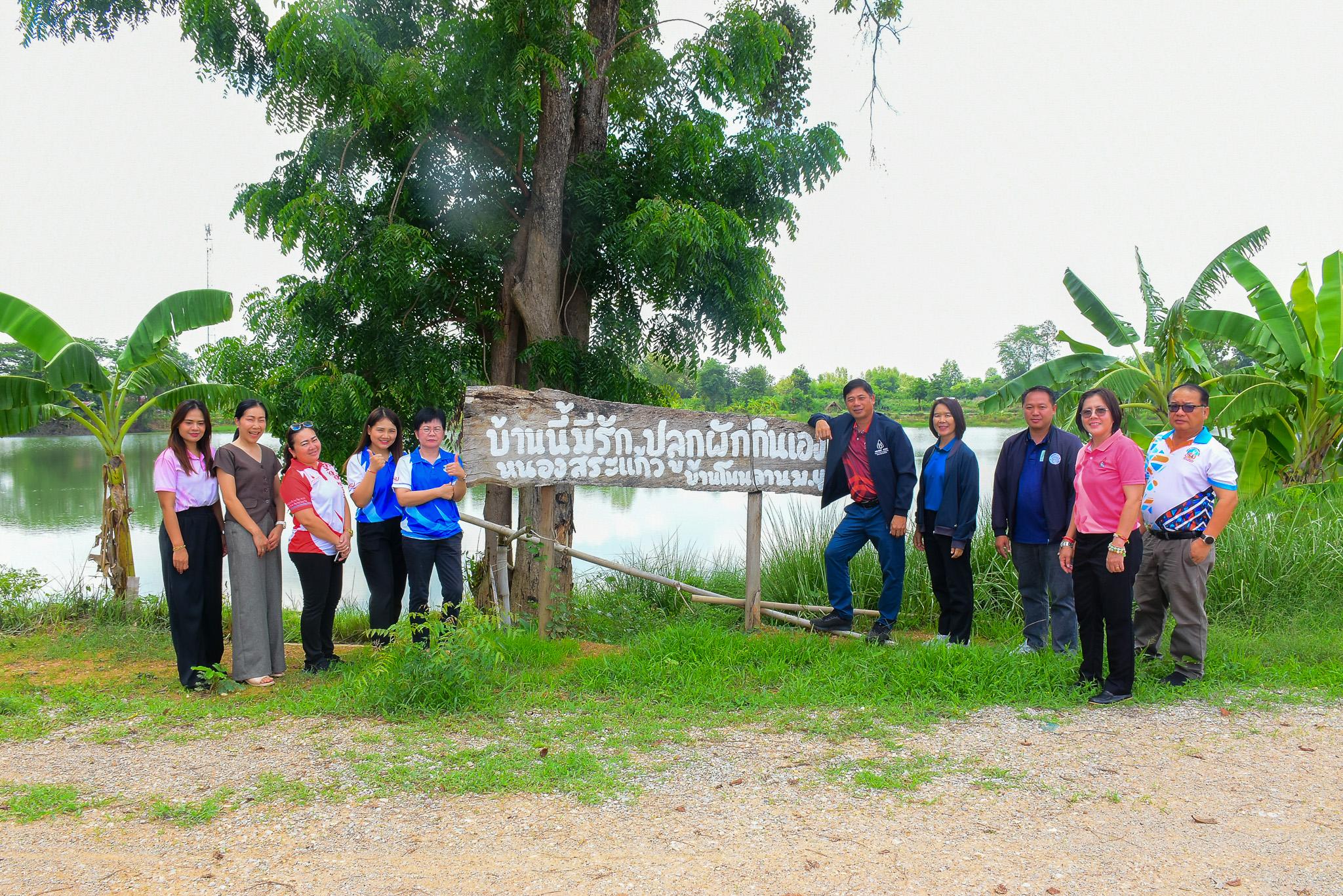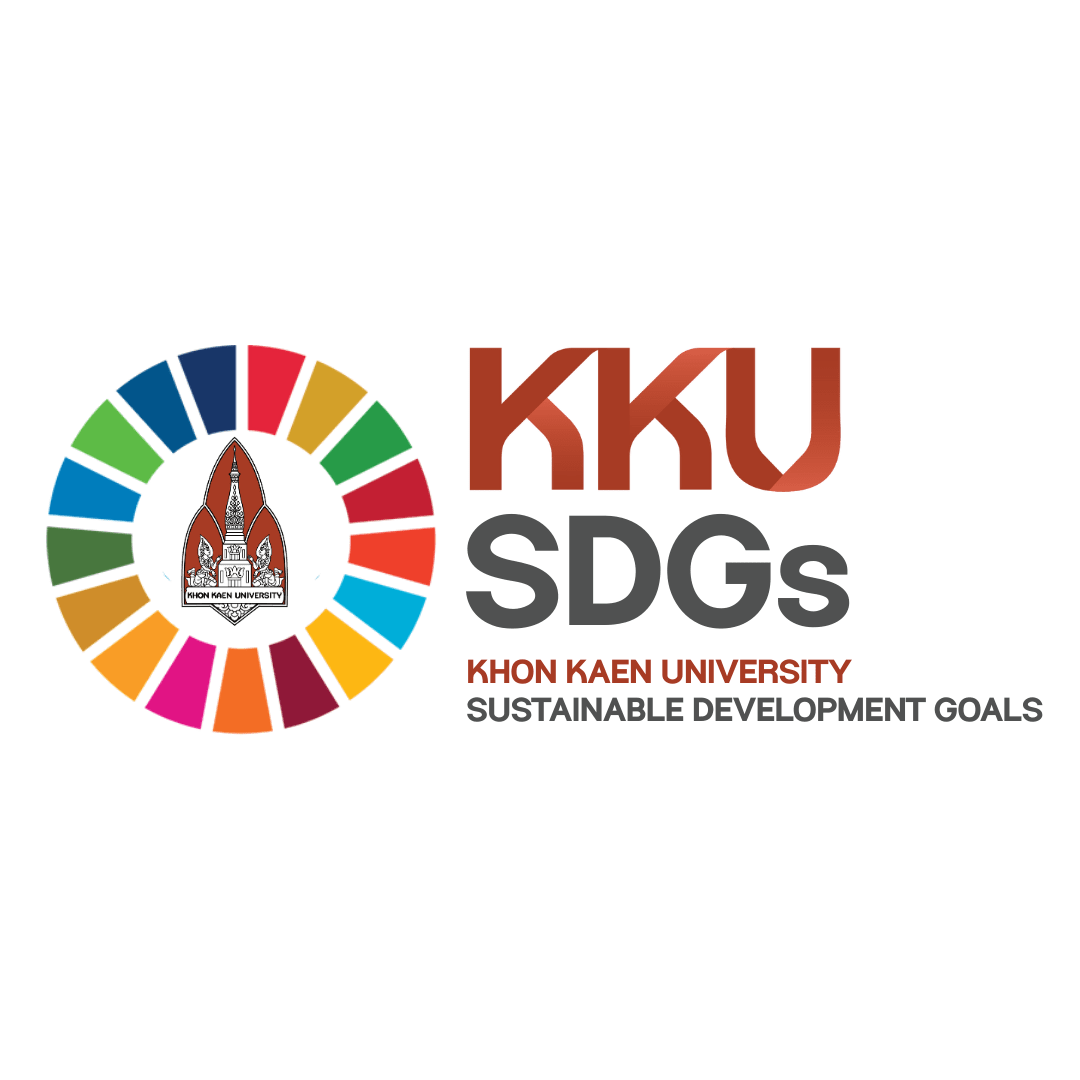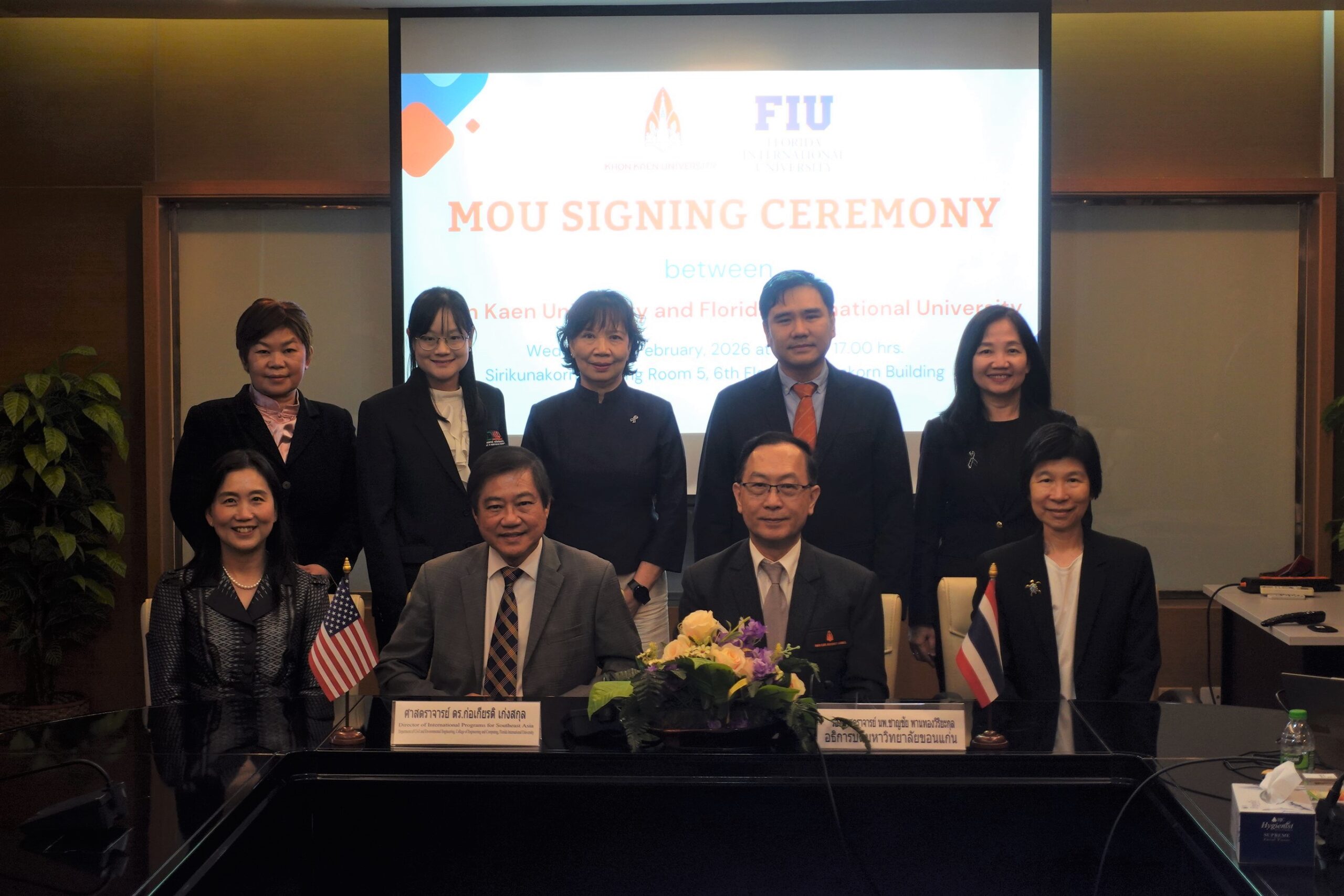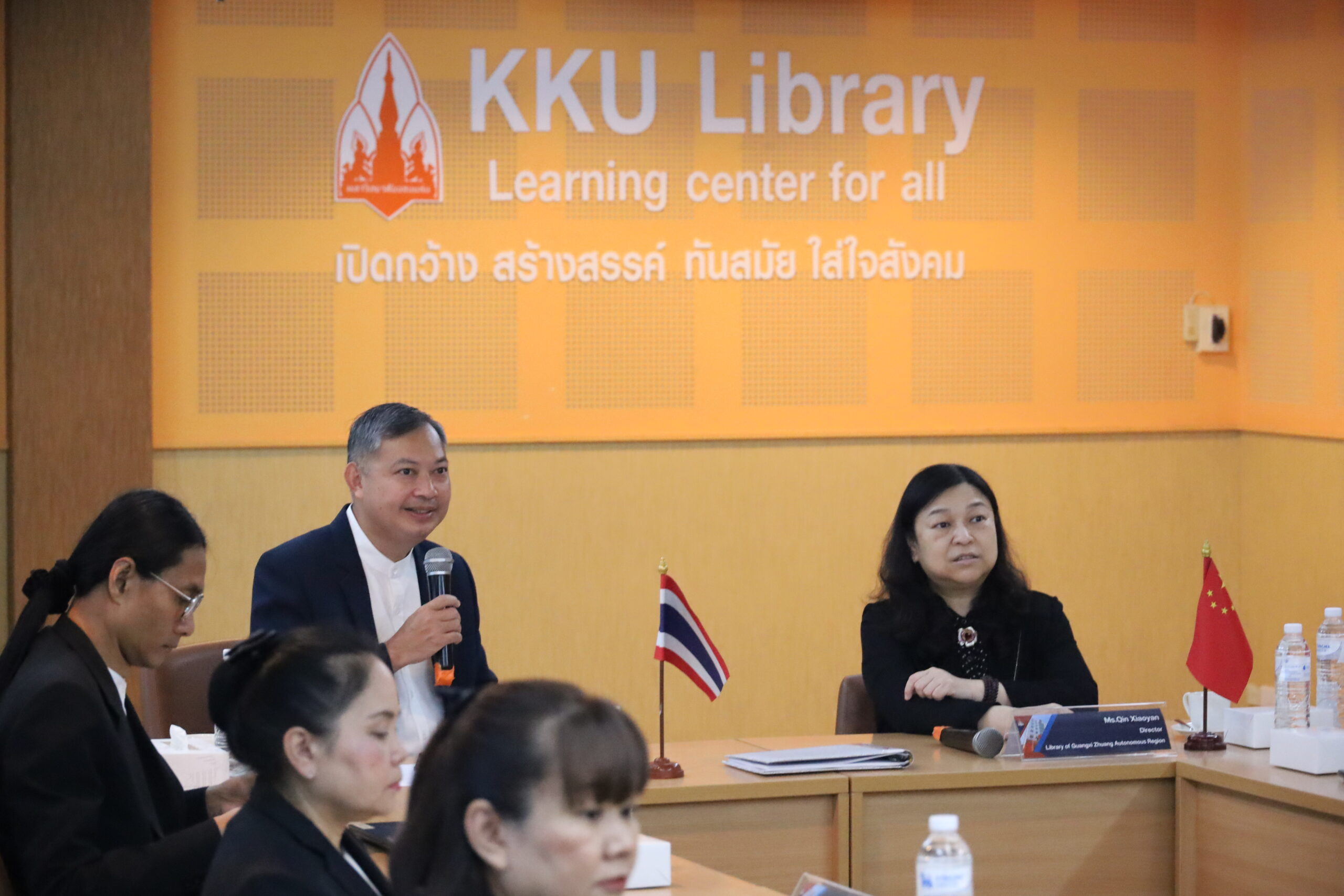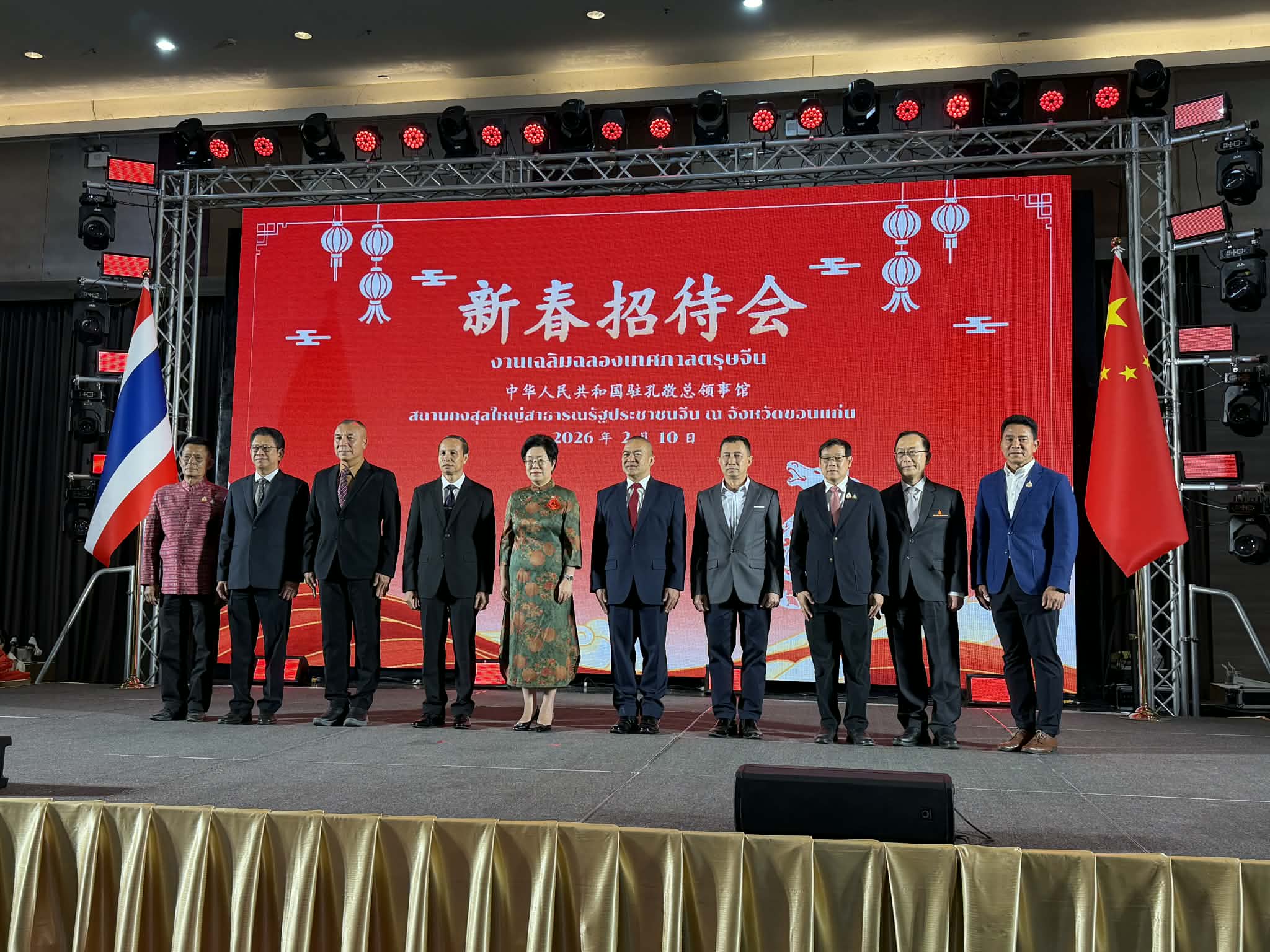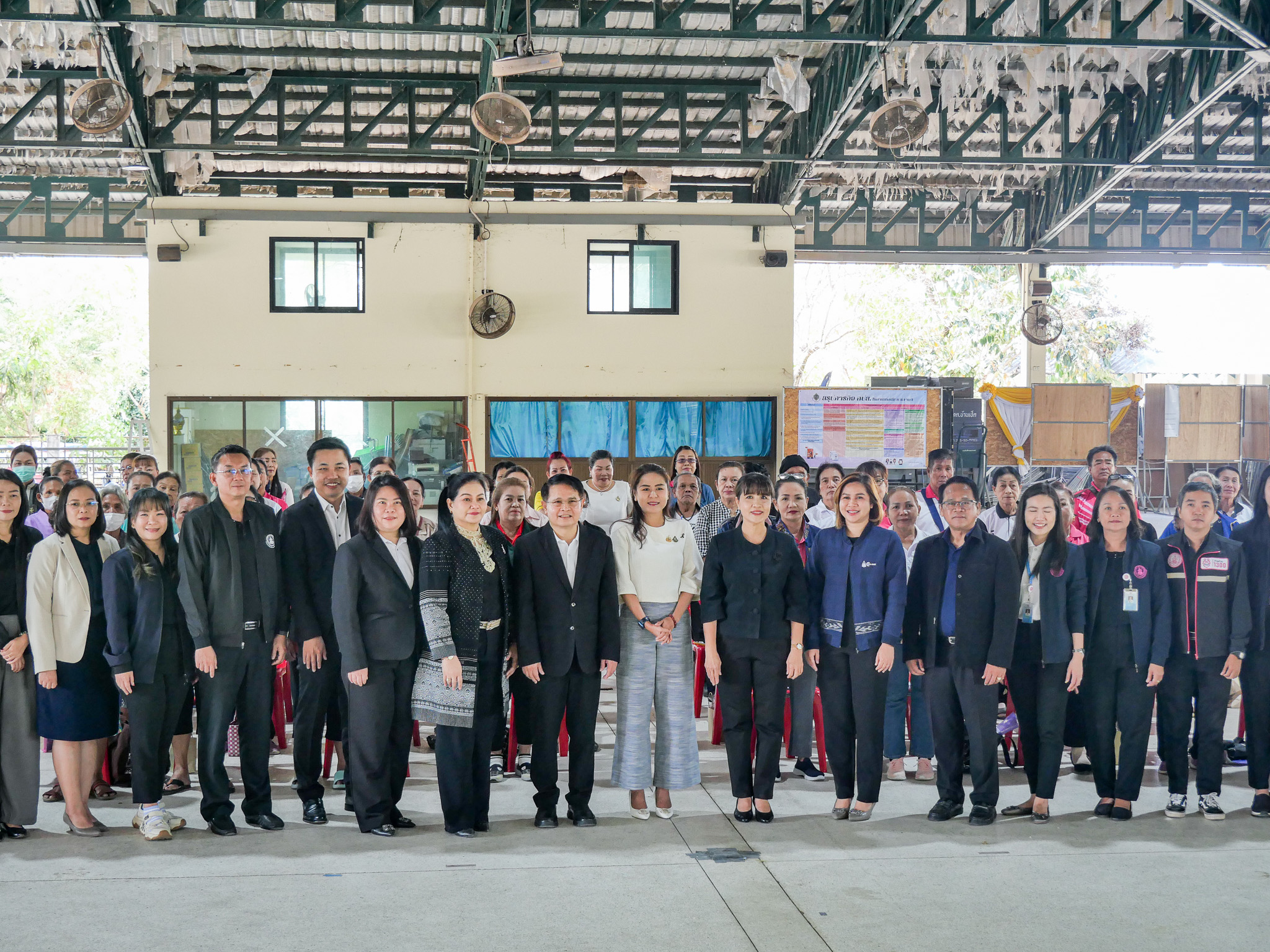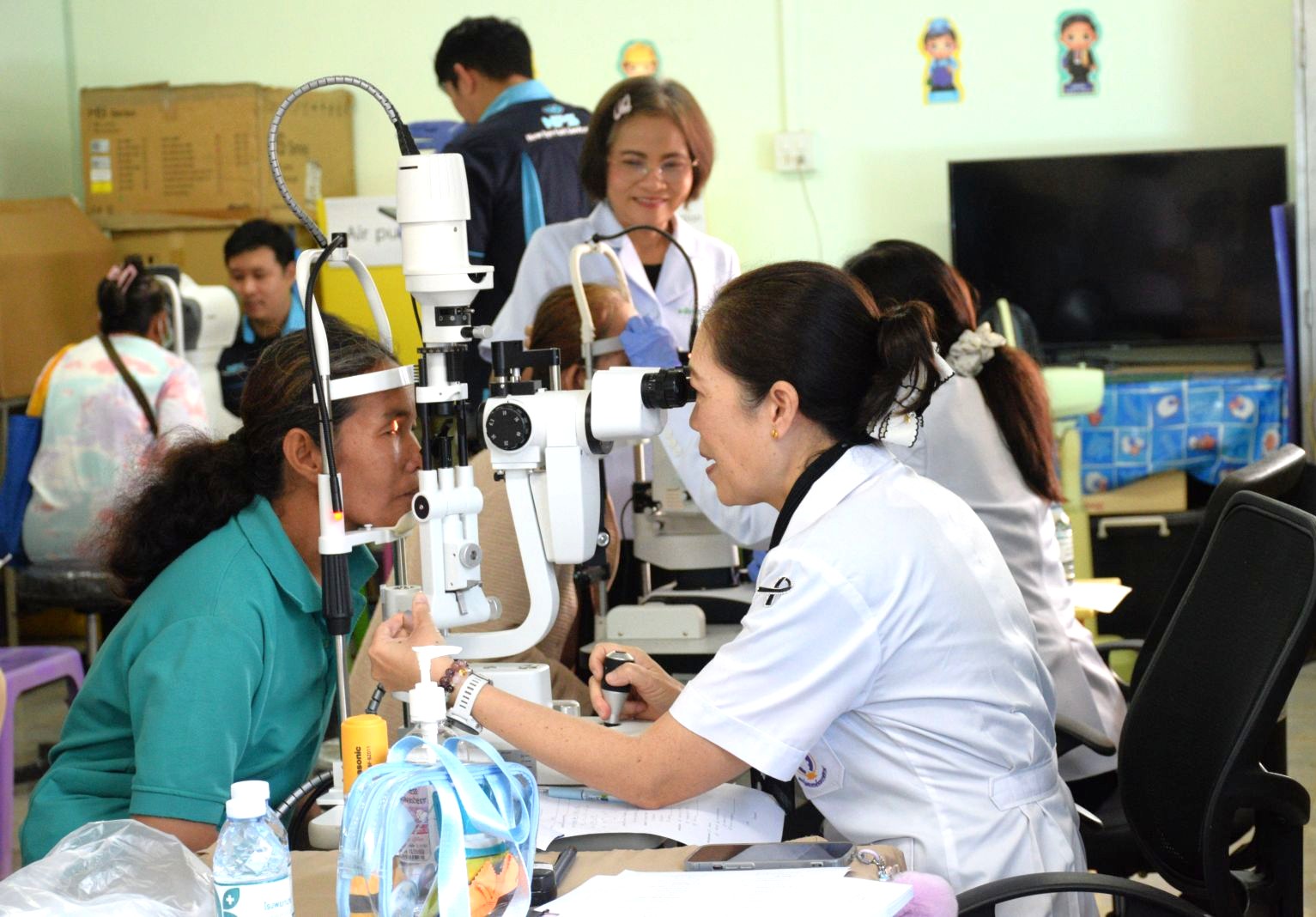The Academic Service Office of Khon Kaen University, led by Assoc. Prof. Dr. Chuchart Kamollert, Director of the Office, continues to advance the university’s mission as a “University for the Society.” In late May 2025, the Office initiated proactive field visits across local communities in Khon Kaen Province, assigning Asst. Prof. Dr. Surapon Nesusinh, Deputy Director for Academic Services, and a team from the Social Academic Service Coordination Unit to engage with local administrative organizations.
Three strategic dialogues were conducted with:
- Phrayuen Mingmongkol Subdistrict Municipality (May 21),
- Bankhor Subdistrict Municipality (May 22), and
- Bandong Subdistrict Administrative Organization (May 26).
These consultations aimed to develop collaborative academic service frameworks that integrate KKU’s expertise, innovation, and technology with the specific needs of each community—ultimately driving sustainable economic and social transformation.

Key Collaborative Models by Location:
- Phrayuen Mingmongkol Subdistrict Municipality
Meeting with Mayor Chairach Wunphet, the discussion focused on three strategic areas:
Agriculture: Promoting smart farming, organic agriculture, crop and livestock development, and adding value through processing and community branding.
Fisheries: Reviving natural water sources, promoting sustainable aquaculture, and introducing modern fisheries management.
Health: Emphasizing preventive health, elderly care, NCD management, and the application of public health innovations.
- Bankhor Subdistrict Municipality
In dialogue with Mayor-elect Chakkraphong Phetsaen, the focus was on transforming agricultural waste, particularly cassava stalks, into biomass charcoal—aligning with the BCG economic model and addressing waste, income generation, and green innovation.
- Bandong Subdistrict Administrative Organization
With Mayor Adulsak Lekkan, collaboration centered around three innovation tracks:
Fisheries: Enhancing local fish farming through KKU AquaTech innovation.
Food Processing: Using local ingredients to develop value-added food products under the “Food Forward” concept.
Modern Agriculture: Promoting modern cultivation techniques, such as advanced farming of Thai water ferns (Diplazium esculentum).

Asst. Prof. Dr. Surapon emphasized KKU’s readiness to provide knowledge transfer, technical training, innovation, and expert consultation. Each project will have clear KPIs, such as increasing farmer incomes, developing community skills, and building sustainable partnerships.
“These initial discussions mark the beginning of long-term collaboration. Action plans with concrete timelines will be developed, potentially leading to formal MOUs. The success of these pilot projects will not only uplift the quality of life in targeted communities but also serve as models for how higher education institutions can apply innovation to community development, aligned with KKU’s core value of Social Devotion and commitment to societal contribution,” Dr. Surapon stated.
Photos: Tiwakorn Kajaroen | News: Wannawisa Thanajintawit | Editor: Mr. Chalee Prom-in



